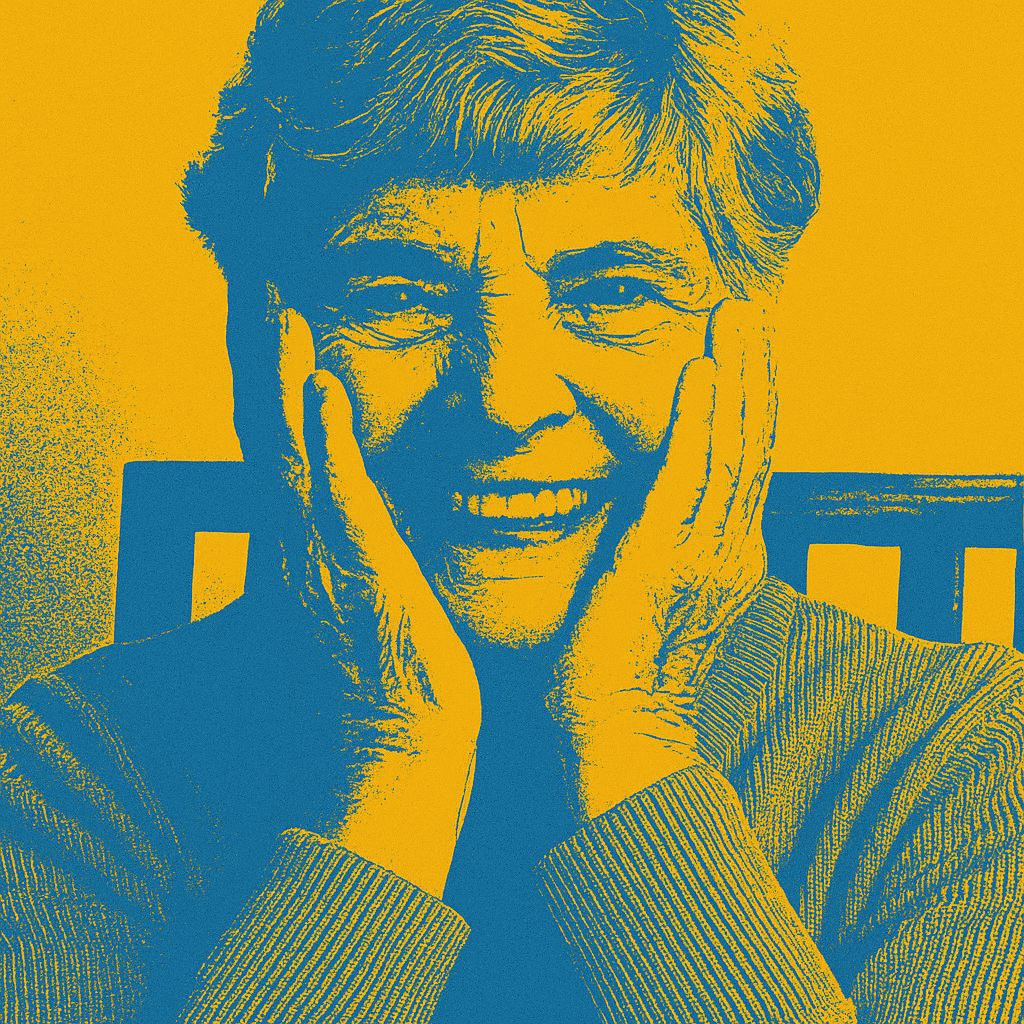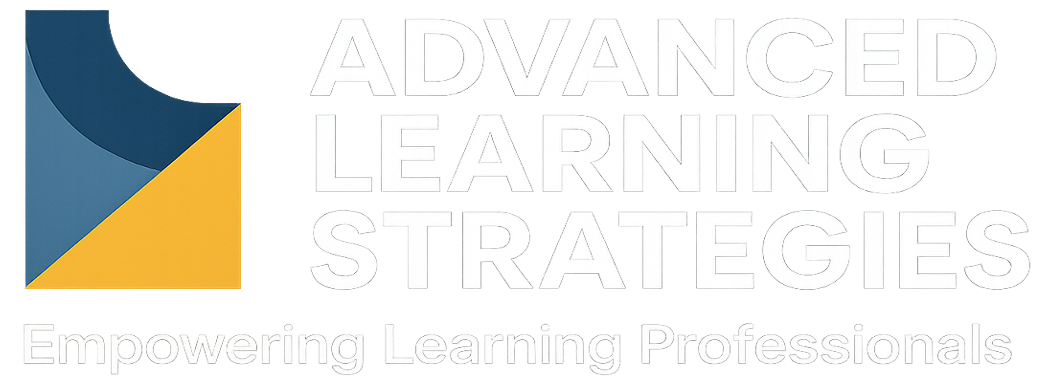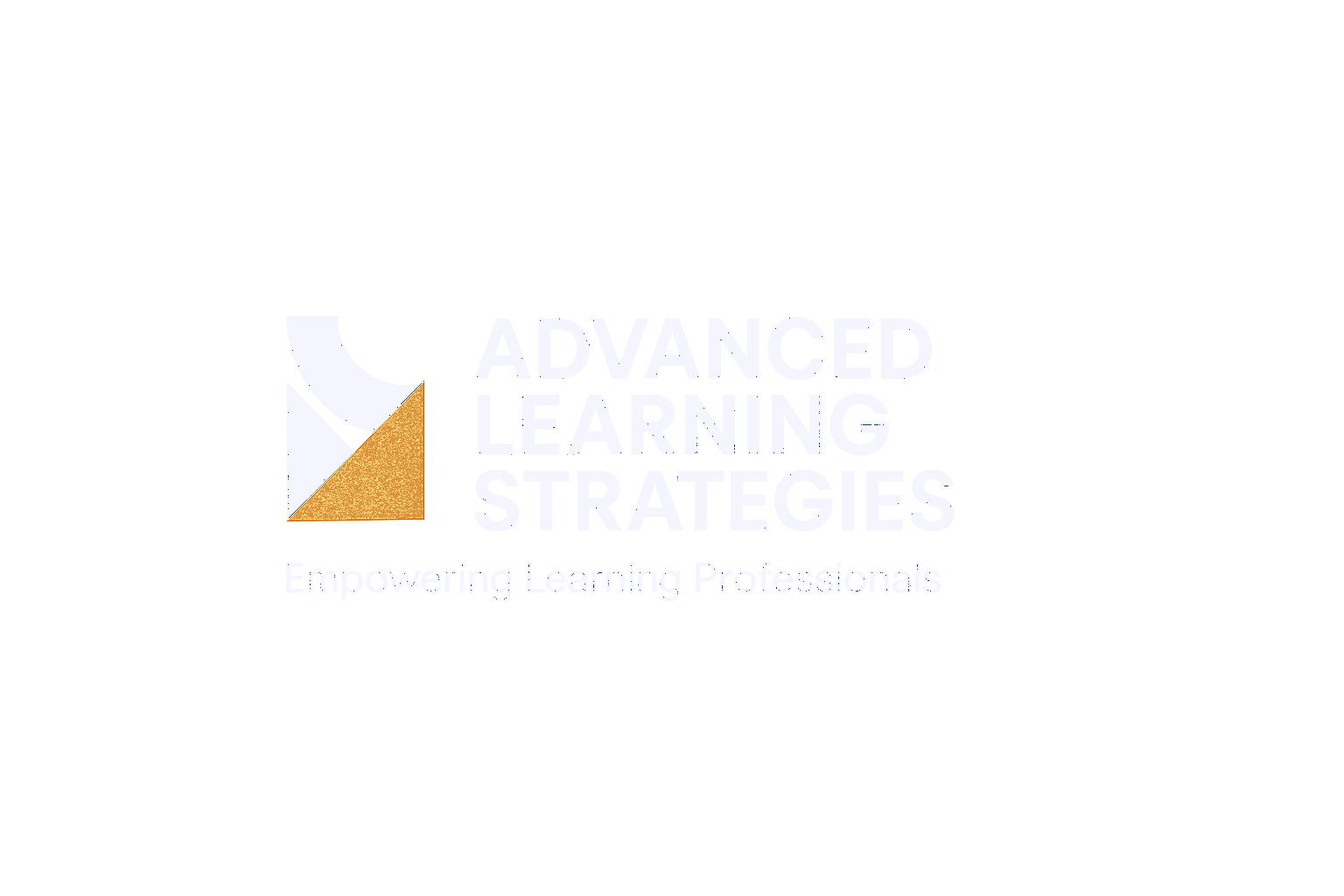
Jane Vella: Learning as Relationship, Powered by Respect
Why Jane Vella Still Matters
In the age of AI, where training can be generated in seconds and scaled to thousands, one question matters more than ever:
What will make learning feel real?
For Jane Vella, that answer was always simple and radical: relationship.
Learning is not delivery. It’s not performance. It’s not control.
Learning is a space between people—built on trust, relevance, and respect.
Jane Vella didn’t just talk about the human side of learning. She built an entire method around it. Dialogue Education™, her lifelong work, is rooted in the belief that learners are whole people—with stories, questions, hopes, wounds, and purpose.
In a time when so much of our field is shifting toward automation and acceleration, Vella’s work is a call to slow down, lean in, and listen. Because even when the medium is artificial, the meaning still has to be human.
Her Core Beliefs
Jane Vella taught all over the world—rural Tanzania, refugee programs, inner cities, corporate spaces. What she saw in every setting was that learning didn’t happen when one person talked and another listened. It happened when dialogue replaced delivery.
Here are a few pillars of her work:
-- Respect: The learner’s life experience is a gift to the group.
-- Relevance: Learning must be tied to real needs and lived experience.
-- Safety: Emotional security is a precondition for growth.
-- Engagement: The learner’s voice is essential to the learning task.
-- Accountability: We don’t measure effort—we measure transformation.
One of her most lasting contributions is the shift from teacher as expert to teacher as facilitator—a role that holds space, not the spotlight.
My Personal Connection
I discovered Vella not from a book—but from a classroom.
I was teaching as an adjunct professor on the Paterson campus of Passaic County Community College, working with a student body that was resilient, brilliant, and often navigating significant barriers. I wanted to do more than transfer knowledge—I wanted to connect.
That’s where Vella helped me.
Her clarity around relevance, safety, and voice gave me a map. Her belief in learning as mutual—not hierarchical—showed me how to structure experiences that made space for emotion, expression, and dignity. I still remember the moments when students lit up—not because I had taught something perfectly, but because they had seen themselves reflected in the learning.
Jane Vella helped me see teaching not as performance, but as relationship. And I’ve carried that lesson with me ever since.
A Framework for the Future
We talk a lot now about learner agency, personalization, and adaptive learning. But we forget that Vella built all of that without a line of code. Her model doesn’t fight technology—it transcends it.
As AI becomes a co-facilitator, designer, or tutor, we’ll need Vella’s voice in the room. We’ll need her questions:
-- Is this safe for the learner?
-- Is this content relevant?
-- Who is being invited to speak—and who is being silenced?
Because dignity doesn’t scale automatically. We have to design for it. We have to care enough to try.
Let’s Keep Learning
If Knowles gave us the mindset of adult learning, Jane Vella gave us the method—practical, personal, and deeply human.
Do you use Dialogue Education™ principles in your work? Have you found ways to hold space for dialogue, even in digital environments?
I’d love to hear what this looks like for you.
Next Up: Paulo Freire
Jane Vella often credited Paulo Freire for influencing her work. In the next edition, we’ll explore how Freire’s Pedagogy of the Oppressed turned education into a vehicle for liberation—and why his ideas are as necessary now as ever.
Learn More
📘 Learning to Listen, Learning to Teach – Jane Vella
📎 Global Learning Partners – Dialogue Education™
The Human Side of Learning is an ongoing series by Advanced Learning Strategies.
We help learning professionals design smarter, more scalable training—without losing what makes learning meaningful.


